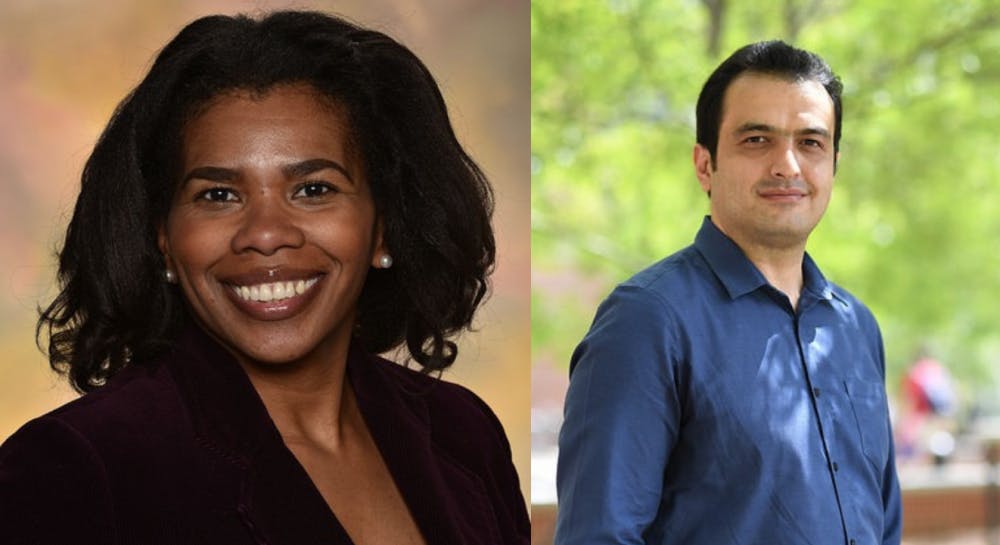AUBURN, Ala. (EETV) – A pair of researchers from Auburn University—Majid Beidaghi, assistant professor of mechanical and materials engineering, and Bridgett King, assistant professor of political science—have been named recipients of the 2017 Ralph E. Powe Junior Faculty Enhancement Awards, given annually by the Oak Ridge Associated Universities consortium, or ORAU.
The awards are intended to provide seed funding and enhance the research and professional growth of junior faculty at ORAU member institutions. Each winner receives a one-year, $5,000 research grant from ORAU, which is matched by the faculty member’s institution.
“It is a great achievement for Auburn University to receive two Ralph E. Powe Junior Faculty Enhancement Awards from ORAU,” said John Mason, Auburn’s vice president for research and economic development. “It speaks very highly of Dr. King and Dr. Beidaghi and their promising research programs that ORAU has selected them for this honor.”
Beidaghi, who came to Auburn in 2015, conducts research on the synthesis of advanced materials and the development of devices for energy storage applications. For his Powe Award project, Beidaghi will collaborate with researchers from the Oak Ridge National Laboratory to examine potential cathode materials for aluminum batteries, which show promise as an alternative to the traditional lithium-ion batteries used in many portable electronic devices.
King, who joined Auburn’s faculty in 2014, will work with colleagues from the University of Kentucky to study the impact of felony disenfranchisement laws and policy on community voter turnout among citizens who are still legally able to vote. The team will utilize geographic information system technology in combination with data on felony convictions, precinct-specific election data and information from the U.S. Census for a comprehensive precinct-level analysis.







